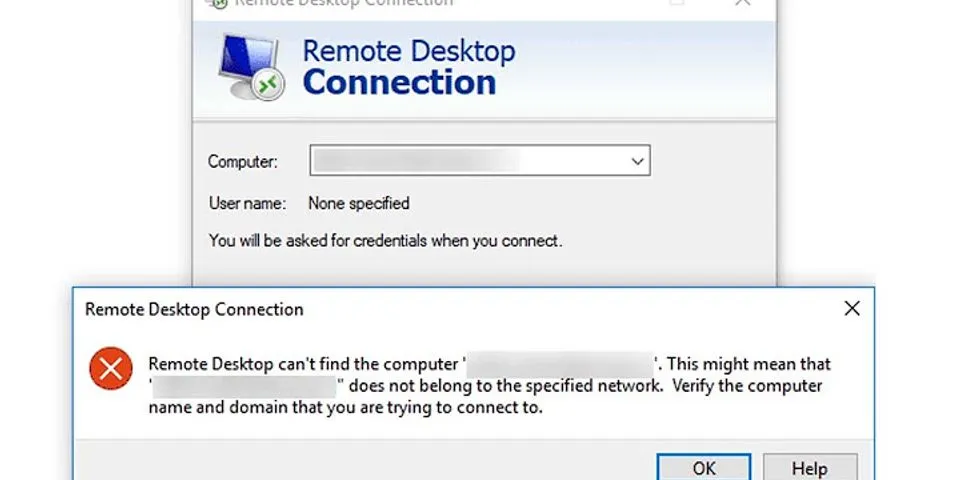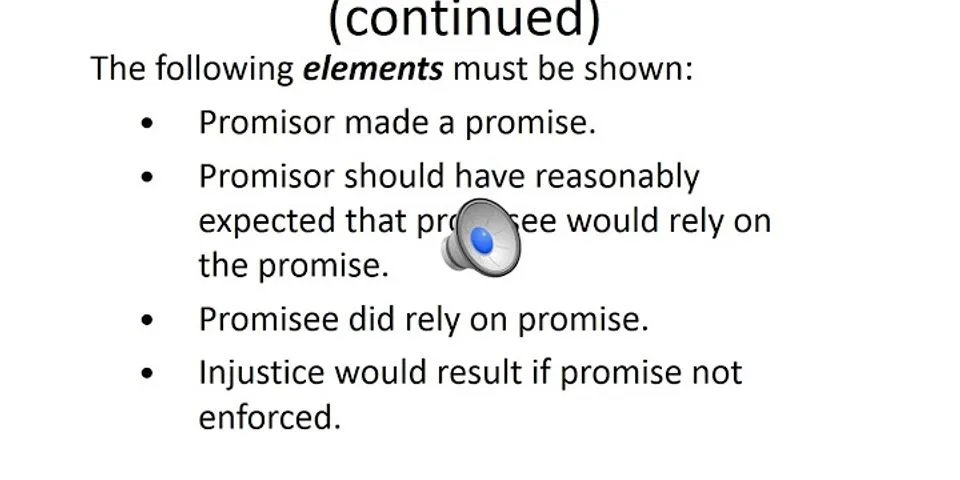By Caroline Emslie Show The classic scenario in which a proprietary estoppel claim may arise is where:
Proprietary estoppel can allow the court to step in and stop the parent from going back on their promise if the circumstances are such that it would be unconscionable for the parent to fail to uphold their end of the bargain. How to bring a successful claim?In order to bring a successful proprietary estoppel claim, three essential elements must be present:
Once a claimant has satisfied these tests and established that it would be unconscionable for them to be given no remedy at all, the court will consider how to remedy that unconscionability. The court has wide jurisdiction with respect to the remedy. The remedy given will depend on the facts of each case but they can be extremely serious for the legal owner or their estate. Options include: (a) denying the legal owner's right to possession of the land, (b) award of compensation, (c) grant of a lease and (d) monetary compensation. Practical considerations to guard against claimsProprietary estoppel remains an active area of law. Thanks to rising land values and a number of recent high profile cases, we have seen an increase in proprietary estoppel cases in the last 18 months, particularly in the context of family farms and businesses. This will no doubt be of concern to many landowners as proprietary estoppel claims often lead to adversarial, lengthy and very bitter litigation.
How can Burges Salmon help?Caroline Emslie and Kevin Kennedy are in our trust disputes team and represented the successful defendants in the estoppel claim McDonald v Rose (1), McCrorie (2) & others ([2018] EWHC 445 (Ch)). If you would like further guidance on proprietary estoppel, please contact Kevin or Caroline. |




















